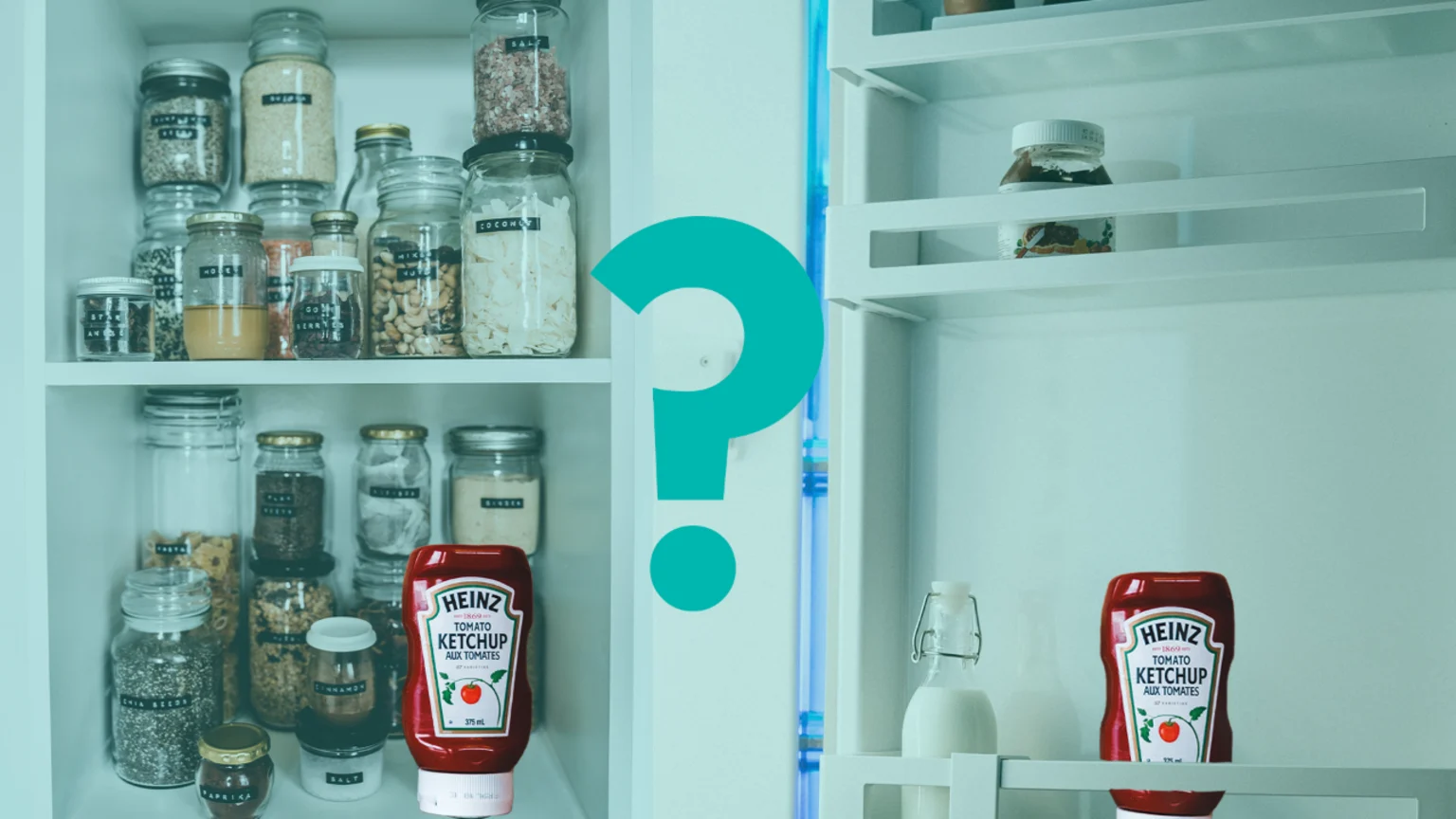rova
Doctor settles the tomato sauce in the pantry or fridge debate

A doctor has finally settled the long-debated topic of 'where do you store tomato sauce - fridge or pantry?'
Doctor Zac is both a medical practitioner and a co-owner of telehealth services. He's also a qualified and experienced biomedical scientist along with being a PhD Candidate in Biomedical Engineering.
He does a weekly column called Ask Doctor Zac at the news.com.au website and this week's question was asked by Jo, from Perth revolving around this big debate.
Jo asked the doctor to settle the debate once and for all as she personally thinks condiments and spreads need to be stored in the fridge whereas her "ignorant" boyfriend like them at room temperature.
"I personally think all condiments and spreads need to be kept in the fridge because it keeps them fresh, whereas my ignorant boyfriend likes them all to be room temperature because he cries like a baby stating that cold vegemite makes his toast cold. Sook!, " she wrote.
"He reckons the salt, vinegar or sugar acts as natural preservatives in these spreads," she added.
Dr. Zac Turner replied said there are two ways to look at this.
"One way is to be a reasonable human being and accept that we all have preferences and that's just OK. The other way is to be like most people and take a shallow attitude and demand to know which way is correct," the doctor said.
"Jo, I hope you are sitting down for this, because I'm afraid to tell you that tomato sauce, Vegemite and peanut butter do not need to be refrigerated," he added.
The reason why they don't need to be refrigerated is because tomato sauce and similar condiments like BBQ and mustard sauce have high acidity and processing.
"Even after it's been opened, it remains microbially stable for quite some time, which means little bacteria grows in it," he explained.
"Both Vegemite and peanut butter don't contain much water, so it's harder for bacteria to grow. Both spreads are shelf-stable products, which means they can remain on the shelf before and after opening."
He also suggested reading the label of a particular food to see if it says to store it in the fridge.
" It's always best to follow what your food label says," he said.
So you can store it wherever you prefer it to, but according to the doctor you don't have to store condiments like tomato, BBQ sauces in the fridge.